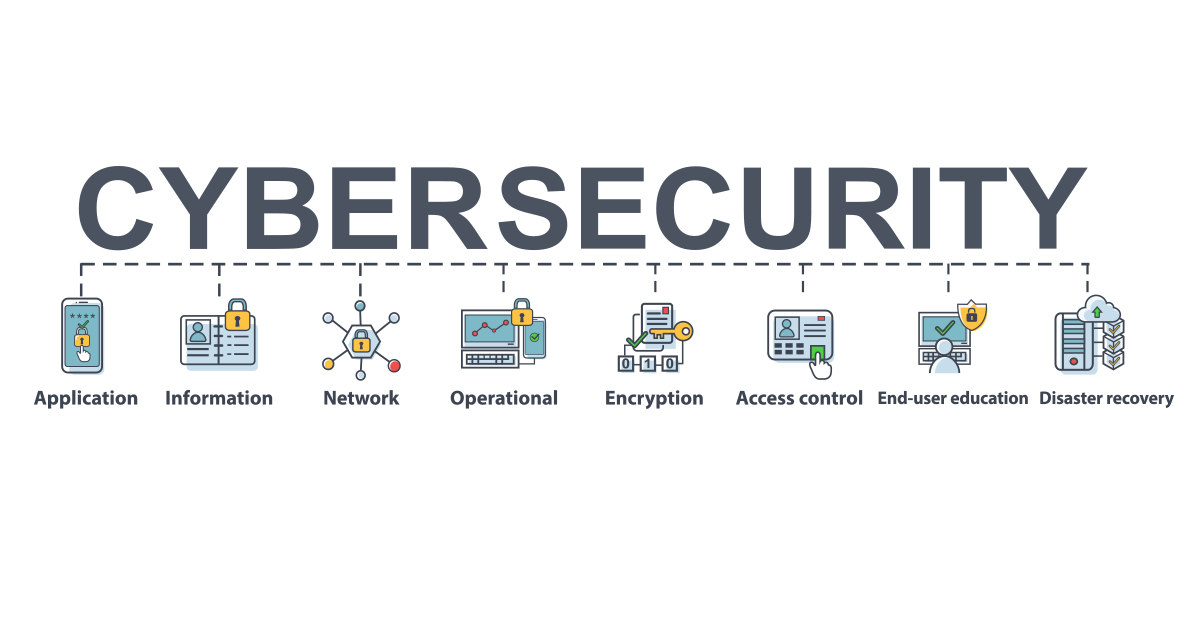A Secret Weapon For cybersecurity engineer
A Secret Weapon For cybersecurity engineer
Blog Article

1. Information breaches: Fintech business deal with sensitive financial details, making them a prime target for cybercriminals. A solitary data breach can compromise numerous individuals' personal and financial information, bring about serious repercussions.
2. Payment fraud: Defrauders utilize sophisticated methods to adjust repayment systems, causing economic losses for both customers and companies. Preventing settlement scams requires innovative safety and security measures and consistent tracking.
3. Compliance: Fintech firms should comply with different financial laws, such as GDPR, PCI-DSS, and AML/KYC. Making sure compliance can be a complicated and time-consuming procedure, but failing to do so can lead to substantial fines and reputational damages.
4. Inadequate security procedures: Fintech companies commonly prioritize rate and innovation over protection, resulting in poor security versus cyber threats. This can reveal users' information and economic info to substantial risks.
Fintech software application development should resolve these cybersecurity challenges to secure users' rate of interests and keep public trust. }
The economic technology sector is going through a substantial makeover, introducing novel methods to taking care of funds. However, the rapid development yields fresh barriers, specifically in the realm of cybersecurity. These challenges position concerns about the reliability and safety and security of economic systems and might weaken your credibility as a trustworthy fintech provider. Learn more at
In this article, we'll look into the 4 primary cybersecurity threats that fintech firms come across and provide practical remedies to assist reduce them.
Malware Attacks
A malware assault refers to any type of malicious software application intended to damage a user's computer system or server. These unsafe programs are produced and distributed by cybercriminals for different motives, with the typical goal of taking personal, monetary, or business information.
Ransomware type of malware assaults remains the most preferred kind of cyber hazards. In 2023, 72% of companies were struck by a ransomware attack, according to Statista's record. How do you keep shielded? Here are several of the strategies:
Make sure to on a regular basis upgrade your computer and software, utilize a reputable antivirus program, and prevent clicking web links from strange sources.
On the one hand, the fast fostering of arising modern technologies such as blockchain, artificial intelligence (AI), and IoT ( Web of Things) opens up brand-new perspectives to fintech. On the other hand, it brings new safety and security issues to the table. For example, AI-powered systems can be utilized to identify susceptabilities in networks and systems. IoT attacks target Internet of Things systems-- objects embedded with software application that enables them to gather and keep information. While the threat of IoT strikes can be decreased by picking secure devices, AI-powered attacks demand a more complex approach:
Apply a multi-faceted cybersecurity training certification security approach;
Provide normal training for workers on protection best methods;
Use sophisticated AI-powered safety options to enhance defense against insider dangers.
An insider risk is the one coming from within a fintech ( repayment systems, neobanks, etc) organization. Customarily, the " resources" of risk are staff members or professionals that have authorized access to delicate data or systems. Insider hazards can be found in two types-- deliberate-- when the sensitive data is taken and offered deliberately and unintentionally-- unintended direct exposure of personal information that triggers harm to an company. A few of the best approaches to alleviate insider hazards include the following:
audit of your team's accessibility privileges;
execution of password protection policies;
education and learning of your group on how not to end up being the targets of phishing.
Third-Party Vendors
Lots of fintech firms rely on third-party companies for solutions like settlement handling or information storage. Such reliance on external vendors in fintech software application advancement can present numerous methods for cyberattacks. Fintech firms must conduct comprehensive due diligence on third-party vendors they cooperate with, including background checks and safety and security evaluations, to ensure they have tight protection actions in position.
In conclusion, while the fintech sector is obtaining globally fostering, hackers never ever sleep, making cybersecurity a leading obstacle in fintech software application advancement.
Recognizing this, S-PRO https://s-pro.io/, an cutting-edge software growth company, puts a strong focus on implementing sophisticated security procedures in its fintech tasks, making sure that both its customers and end-users take advantage of the highest degree of security versus cyber threats. Report this page